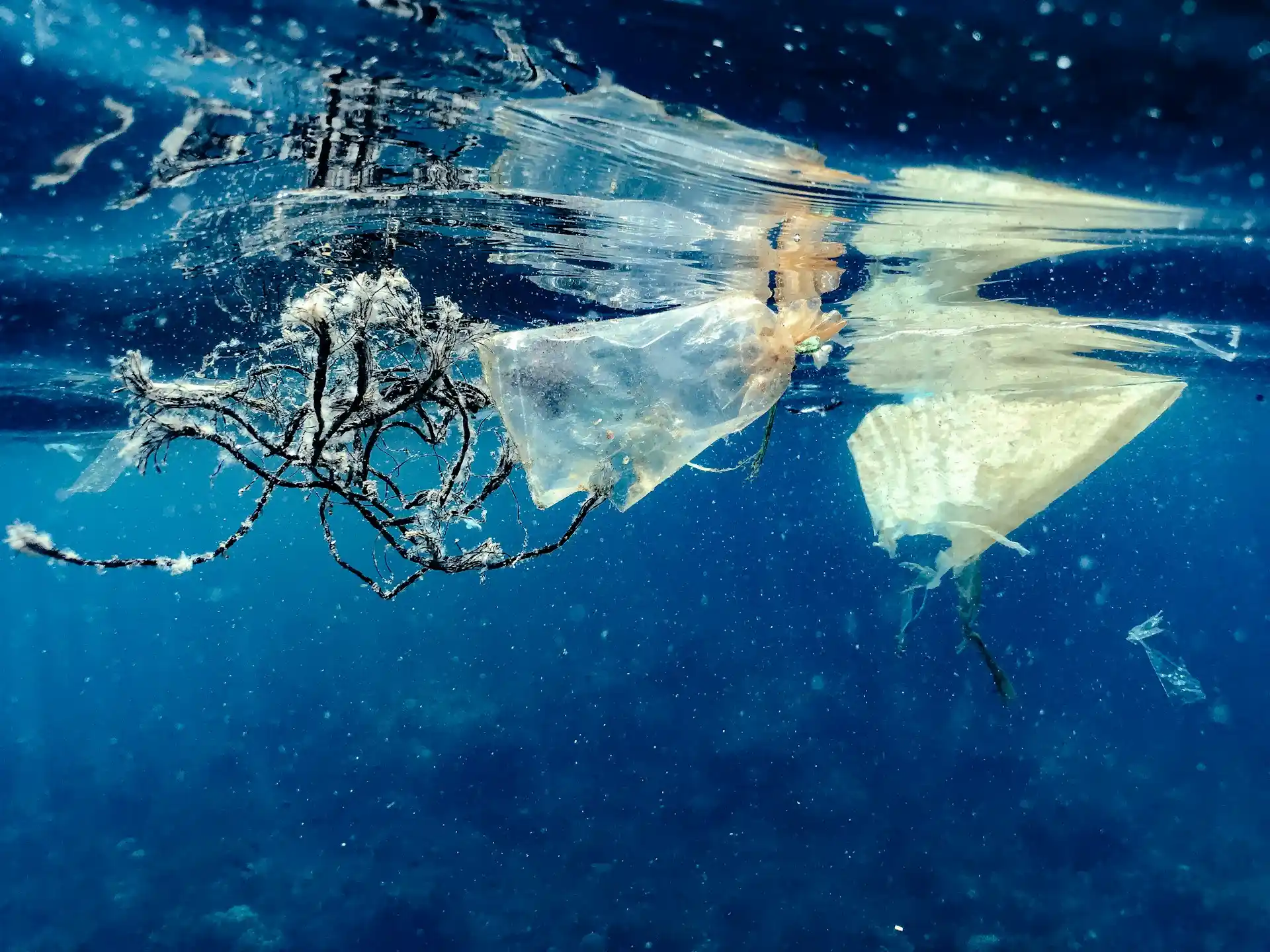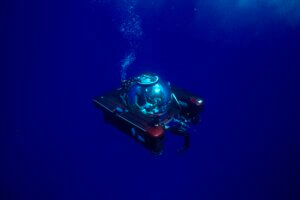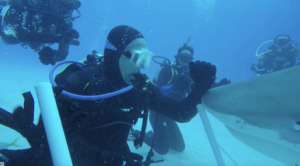Empowering Ocean Conservation in 2025: Understanding the Biggest Threats to Ocean Conservation
The ocean is our planet’s life force; it produces most of the air we breathe, regulates temperatures, and shelters countless species. Yet in 2025, threats to ocean conservation are growing more urgent than ever, demanding immediate action. If we fail to act, underwater habitats could be damaged irreversibly, impacting wildlife and people around the world.
Let’s dive into what harms our oceans today: plastic, overfishing, and pollutants. At Seas Your Dreams, raising awareness, funding research, and collecting contributions are key to protecting the oceans for future generations.
What Are the Biggest Threats to Ocean Conservation?
Our oceans face interconnected problems that amplify each other. Warming waters, waste, and reckless fishing practices are all major threats to ocean conservation. Addressing them individually is not enough—we must act collectively to protect our seas.
How Plastic Pollution Contributes to Threats to Ocean Conservation
Plastic is one of the most pervasive threats to ocean conservation. Over 11 million tons of plastic enter the oceans every year, eventually breaking down into microplastics that spread throughout marine ecosystems.
Ingestion and Entanglement
Marine animals mistake plastic for food. Sea turtles eat plastic bags, thinking they are jellyfish, while seabirds feed bottle caps and fragments to their chicks. Discarded fishing nets entangle many creatures, causing injury or death.
Impact on Food Chains
Plankton ingest microplastics, starting a chain reaction that affects fish, whales, and even humans. Plastic pollution harms not only nature but also human well-being.
Long-Term Ocean Damage
Plastic never truly disappears it only fragments into smaller pieces. Without proper cleanup and changes in manufacturing and consumption, plastic will remain a permanent threat to ocean conservation.
Impacts of Overfishing on Ecosystems
Overfishing is another pressing issue threatening marine life. Global seafood demand has pushed many species beyond sustainable limits.
Collapse of Fish Populations
Species like cod, bluefin tuna, and certain sharks have been pushed to the brink. When keystone species decline, entire ecosystems destabilize.
Bycatch Issues
Fishing often unintentionally captures non-target species such as dolphins, sea turtles, and seabirds, reducing wildlife populations.
Socioeconomic Consequences
Overfishing doesn’t just affect nature it impacts human communities. Coastal towns rely on fishing for food and income. Fewer fish mean less food, fewer jobs, and economic instability.
Other Key Threats to Ocean Conservation: Pollution
Plastic isn’t the only problem. Oceans also suffer from chemical runoff, oil spills, and untreated sewage. These pollutants damage water quality and marine ecosystems.
Chemical and Nutrient Runoff
Fertilizers and pesticides wash into rivers and eventually the ocean, fueling algae blooms that create oxygen-depleted dead zones.
Oil and Industrial Waste
Oil spills devastate marine habitats, and industrial waste continues to pollute shorelines. Such contamination harms sea creatures and makes seafood unsafe for humans.
Solutions Through Policy and Innovation
Reducing threats to ocean conservation requires global cooperation. Stronger environmental regulations, renewable energy adoption, responsible waste management, and community engagement all play a part.
Organizations like Seas Your Dreams organize educational programs, encourage eco-friendly habits at home, and fund research to support healthier oceans. Every action, from personal choices to donations, contributes to ocean recovery.
Why Collective Action Matters
The ocean’s problems are interconnected. Plastic pollution worsens climate change, and overfishing undermines nature’s ability to manage pollution. Tackling only one issue isn’t enough.
Everyone can make a difference through education, volunteering, donations, or simple lifestyle changes. Protecting oceans today ensures a thriving marine ecosystem for future generations.
Act Now for Ocean Conservation
Our survival depends on healthy oceans. In 2025, it’s critical to address threats to ocean conservation like plastic pollution, overfishing, and chemical contamination. While the challenges are daunting, solutions exist through global teamwork, innovation, and individual contributions.
Support organizations like Seas Your Dreams to fund studies, organize cleanups, and educate young people about sustainable practices. By working together, we can safeguard the oceans’ gifts for generations to come.
Help our oceans now: give what you can, lend a hand, or simply tell others. By working alongside each other, we safeguard these waters so that future us can enjoy their restorative gifts.
FAQs
What are the most urgent threats to ocean conservation today?
Plastic pollution, overfishing, and chemical runoff are the primary threats to ocean conservation in 2025.
How does overfishing impact humans?
Overfishing reduces fish populations, threatening food supply and the livelihoods of communities dependent on seafood.
Can individuals really help save the oceans?
Yes! Reducing plastic use, eating sustainable seafood, donating, and spreading awareness all help protect oceans.
How do donations support ocean conservation?
Donations fund research, cleanups, community education, and advocacy for policies that reduce threats to ocean conservation.




